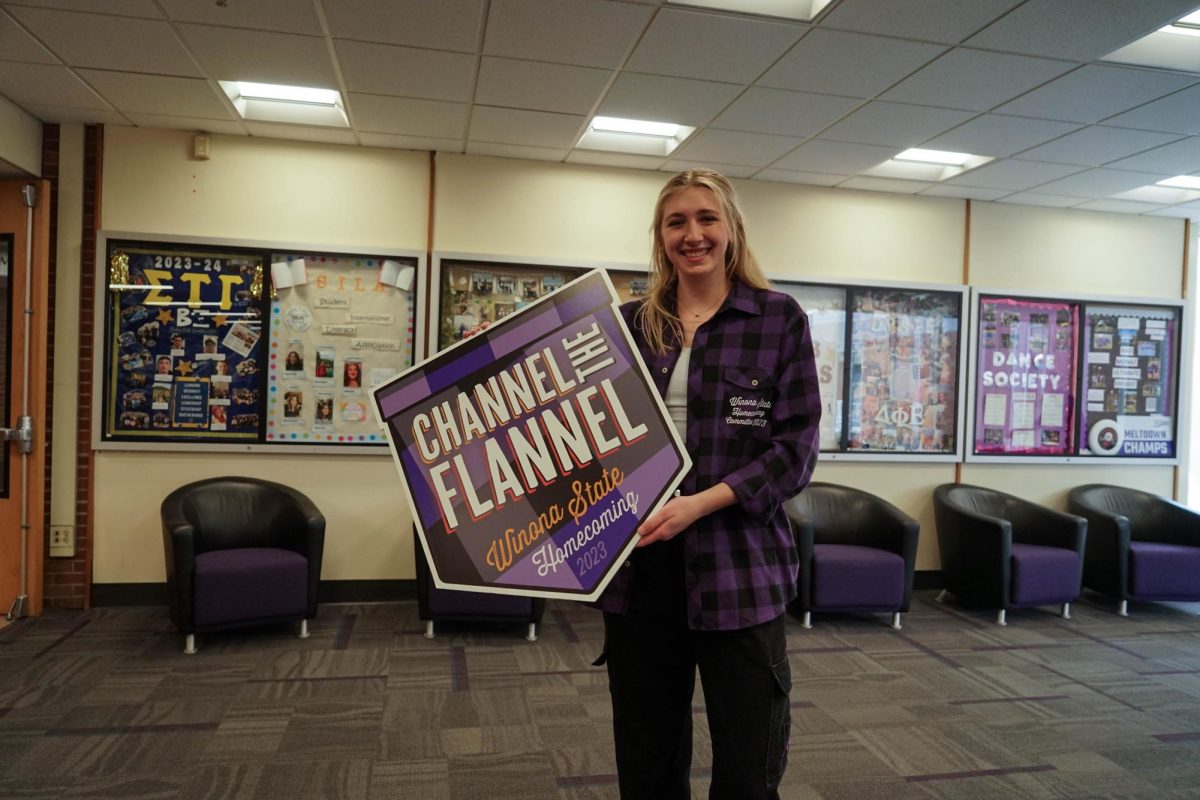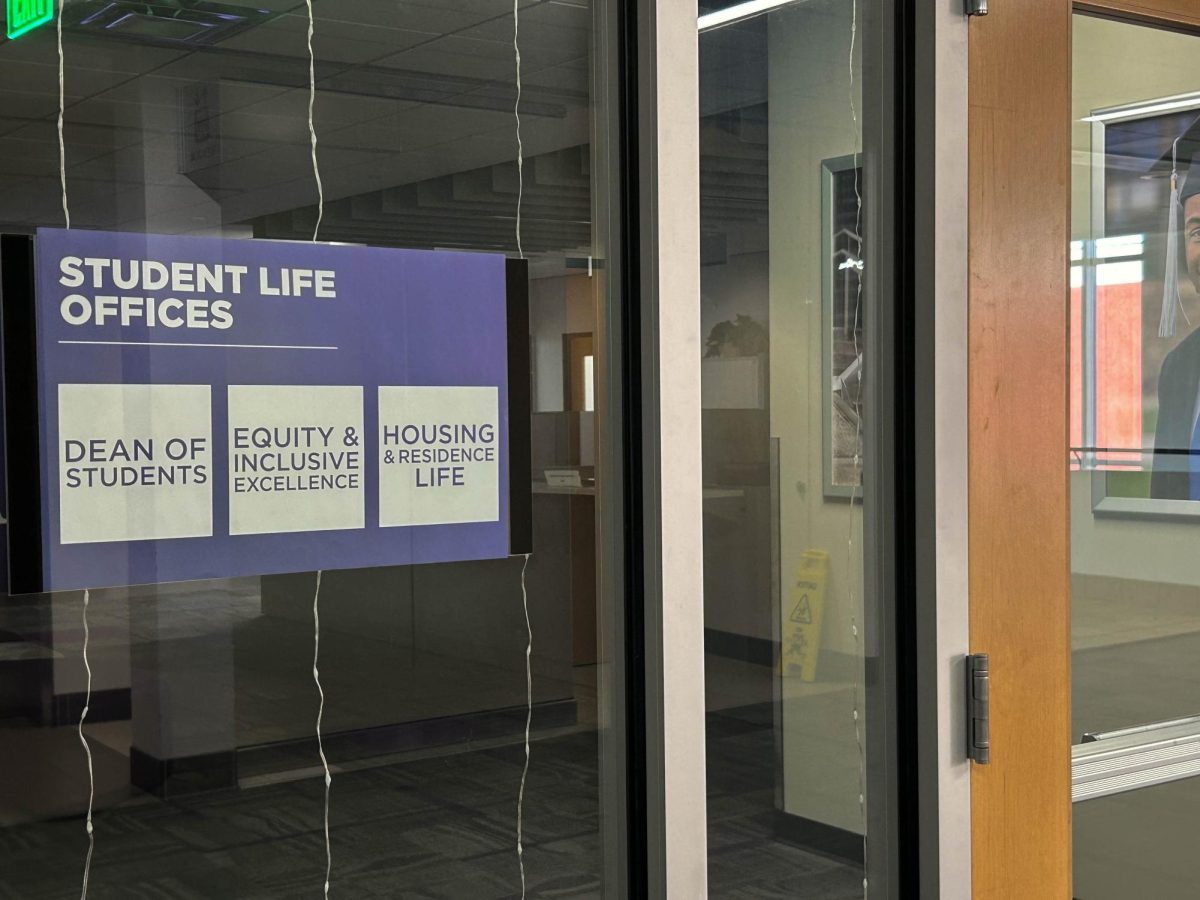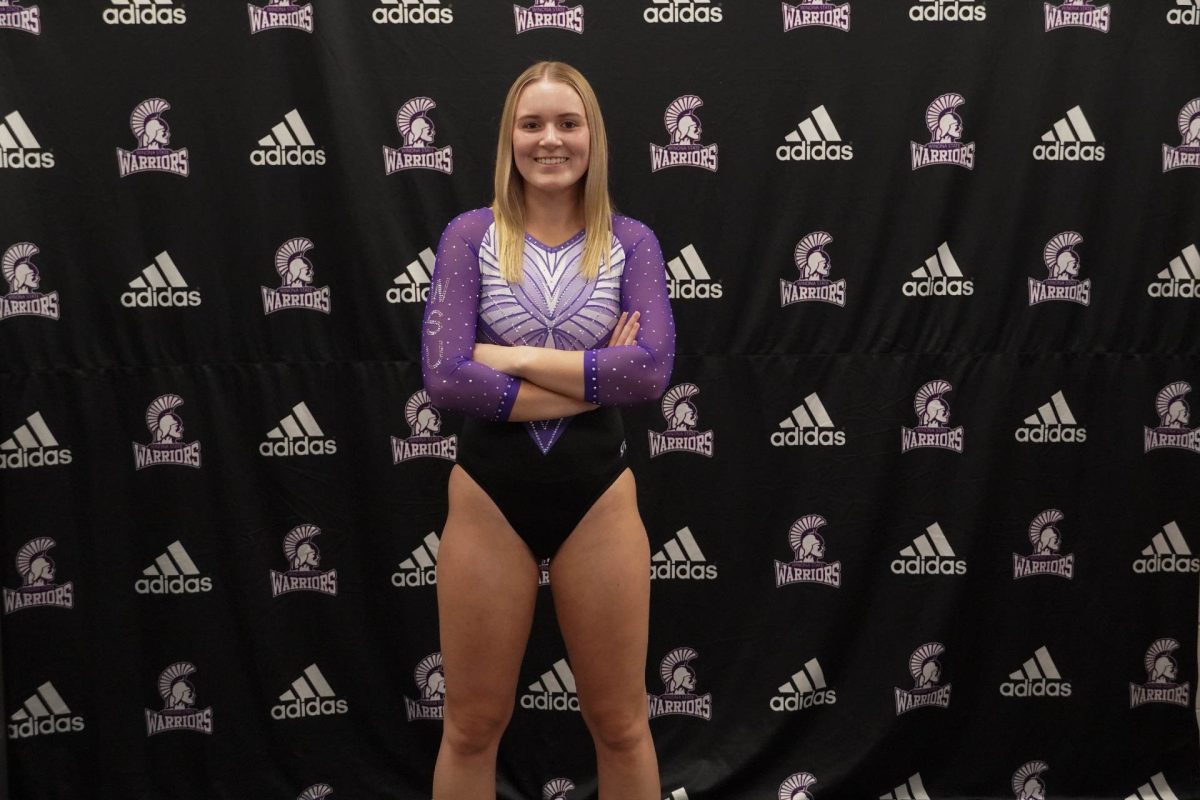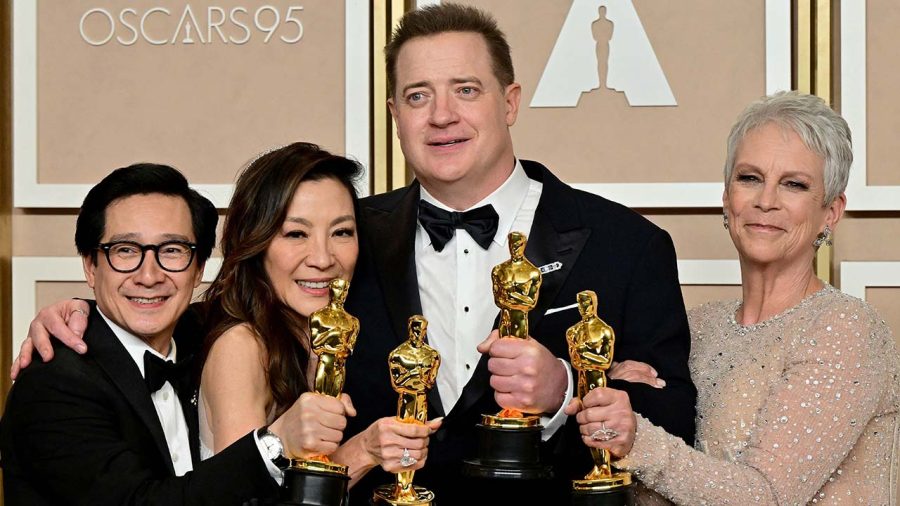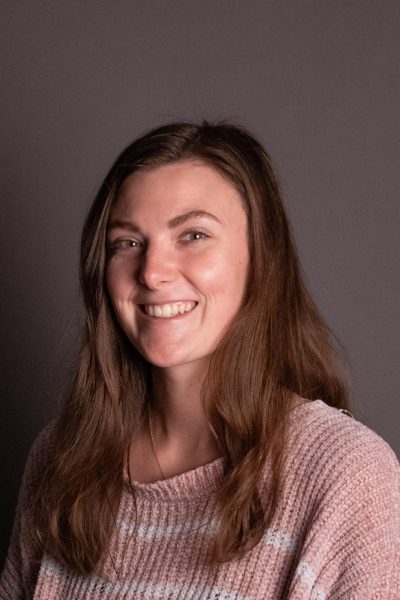Oscars Recap: A24 wins big
Contributed by: The Academy Awards
Ke Huy Quan, Michele Yeoh, Brendan Fraser, and Jamie Lee Curtis all took home the big trophies of Best Supporting Actor, Best Actress, Best Actor, and Best Supporting Actress respectively.
March 22, 2023
Without any hiccups or surprises, the 95th Academy Awards rounded off this year’s award season.
Few were shocked to see A24’s multiversal smash hit “Everything Everywhere all at Once” take home the night’s best picture win along with several other awards. There were a handful of fairly standard musical performances, a safe monologue from the returning host and nothing dramatic or unexpected happened, leaving the overall ceremony feeling a tad bland.
You can tell The Academy wanted to have a tame show after last year’s slap mishap. They assembled a “Crisis Team” should such a conflict arise again. Jimmy Kimmel returned to host after leading the telecast in back-to-back years in 2017 and 2018, clearly favoring someone who knows how to handle live TV. Kimmel’s opening monologue took a few digs at the audience while also showing some love to beloved figures in Hollywood, namely the directing and composing duo Steven Spielberg and John Williams. The jokes landed and praises were appreciated, and fortunately, there were no cringey bits that chewed up run time, overall contributing to the tight and clean show.
Last year’s telecast did not include presentations of several of the smaller categories like Best Production Design and Best Original Score, upsetting several film fans. Taking the audience’s feedback into consideration, The Academy did air all 23 categories.
Despite the overall lackluster of the ceremony, there were a number of exciting wins throughout the evening. “Everything Everywhere All At Once” won seven out of the eleven awards it was nominated for including Best Actress for Michelle Yeoh, supporting acting awards for both Jamie Lee Curtis and Key Huy Quan, Best Directing for Daniel Kwan and Daniel Scheinert and of course Best Picture. Michelle Yeoh’s win makes her the first Asian actress, and only the second woman of color to win the lead acting award.
The German film “All Quiet on the Western Front” swept a number of the technical awards including production design, cinematography, original score and Best International Feature. Brenden Frasier won his Best Actor award, completing his comeback arc, though this unfortunately leaves rising star Austin Butler without an Oscar. Sarah Polley won the best-adapted screenplay award for her film “Woman Talking” which was one of the few genuine surprises of the night.
Award ceremonies have seemingly lulled into a primarily predictable nature with the majority of the accolades awarded to only a select few films. By the time the Oscars roll around in award season most categories can be predicted with a high level of accuracy.
Though many did predict “Everything Everywhere All At Once” to win, it is an incredibly unconventional film to be in the Oscars conversation. The Academy tends to shy away from genre films, specifically sci-fi and horror, and have historically not favored Asian led stories.
Perhaps this year’s Academy Awards marks a change toward a more progressive era of Oscars discourse. It does seem that the tides are turning as more diversity is brought into the voting body. Though award shows like these can be trivial and full of pretension, they do shift the conversation and help determine what films are worthy of study, success or accolades all of which should be full of diverse representation.




